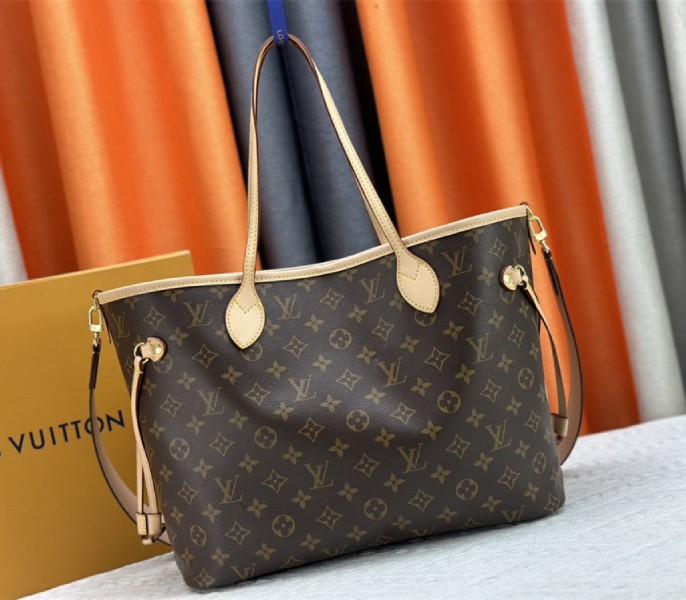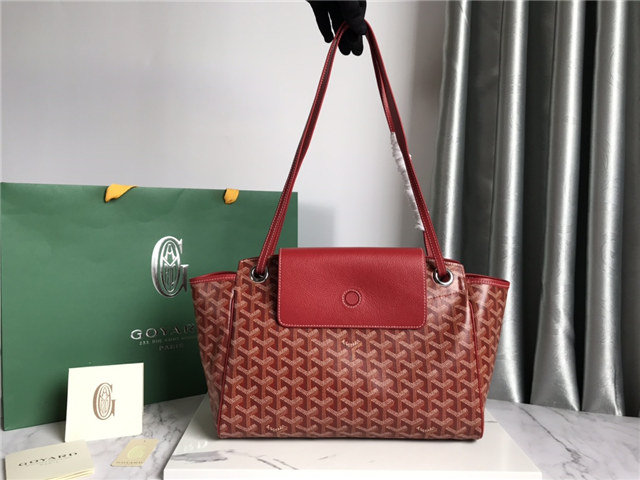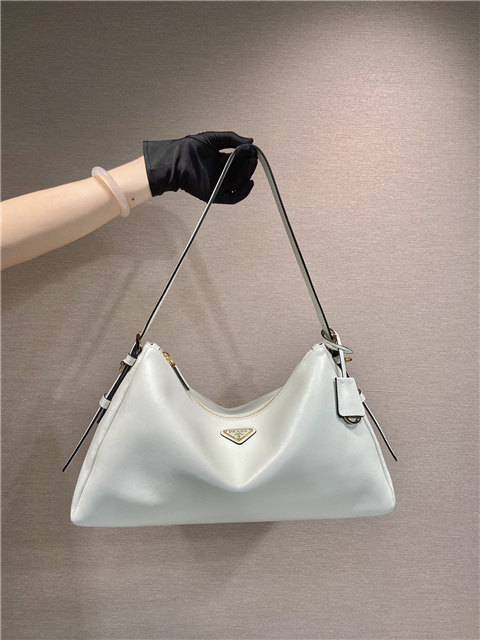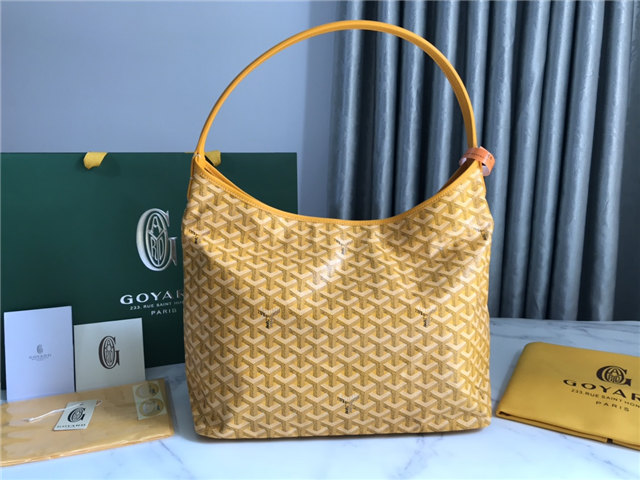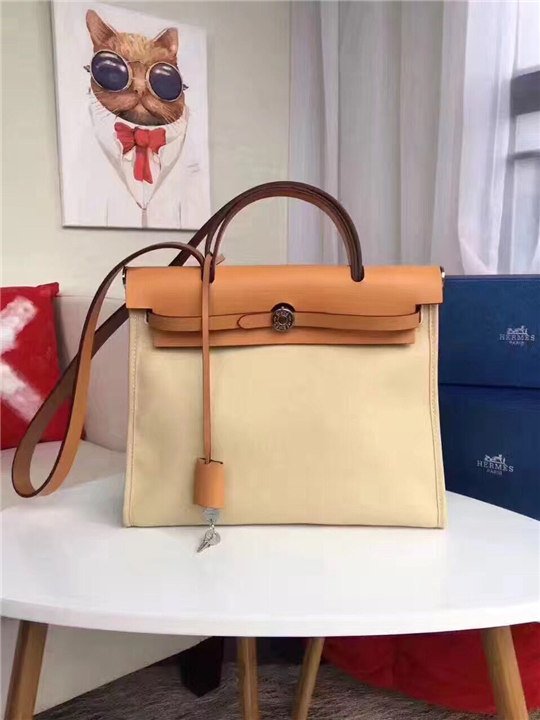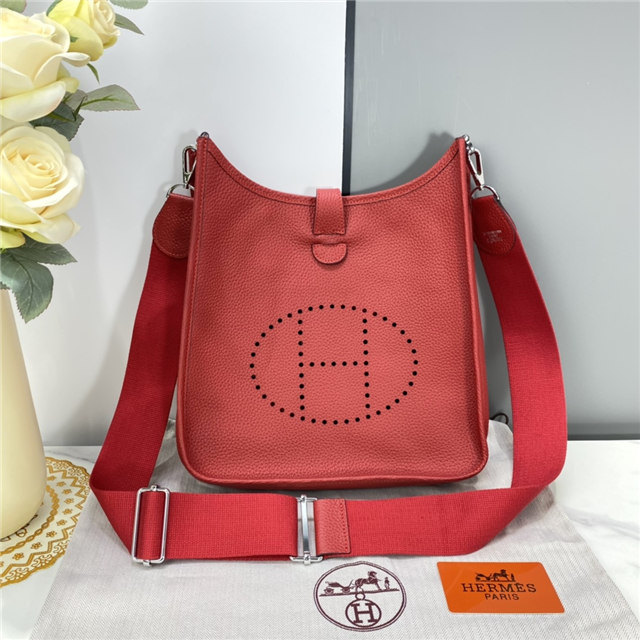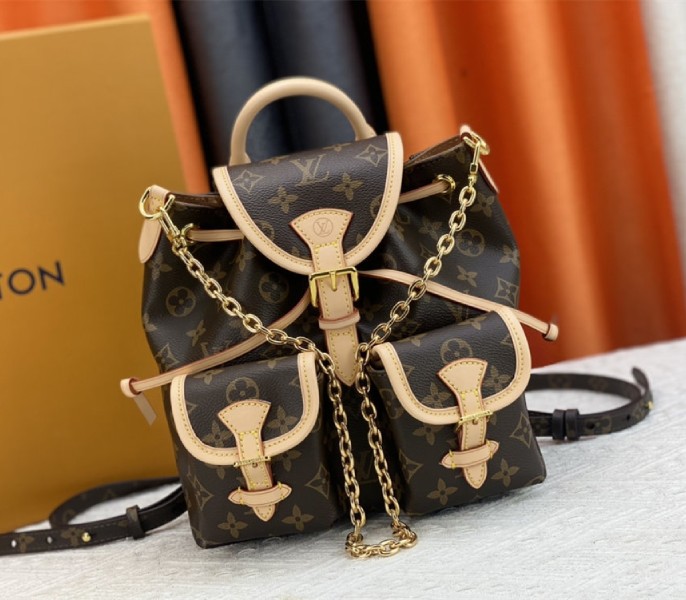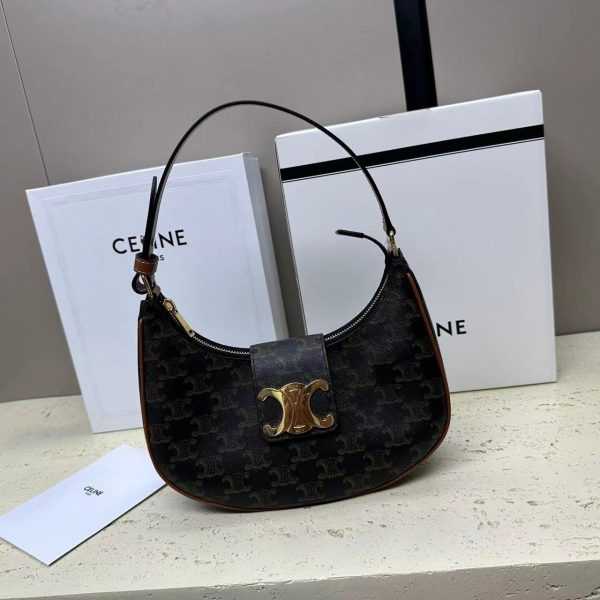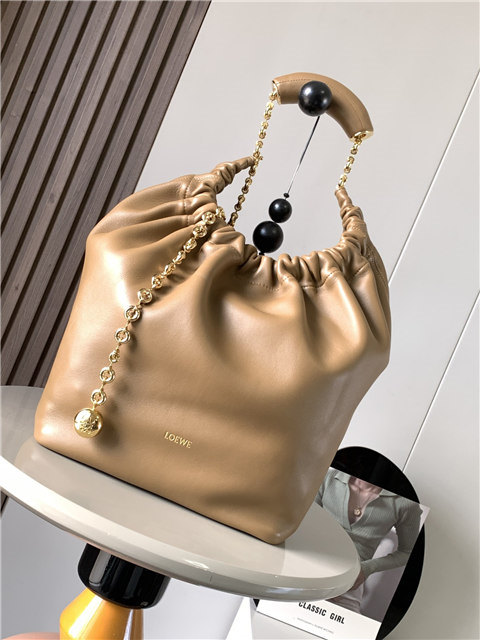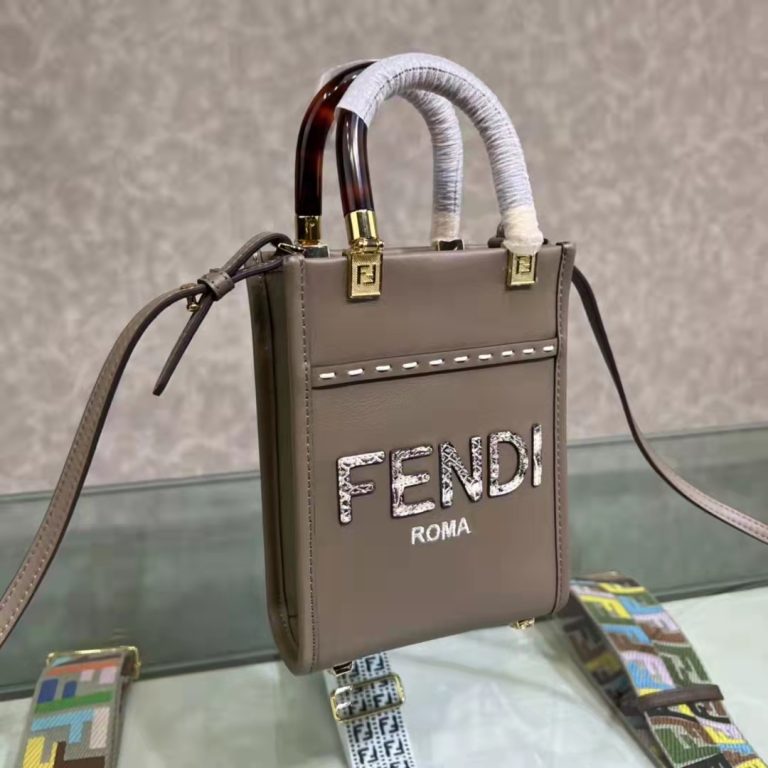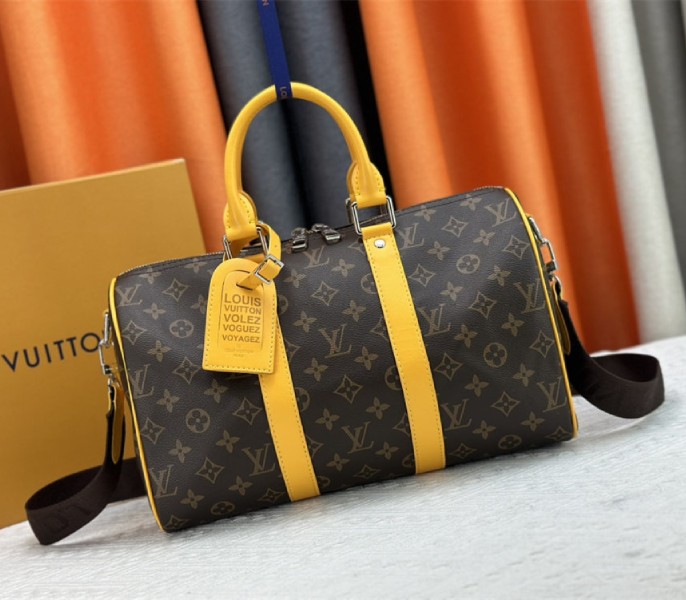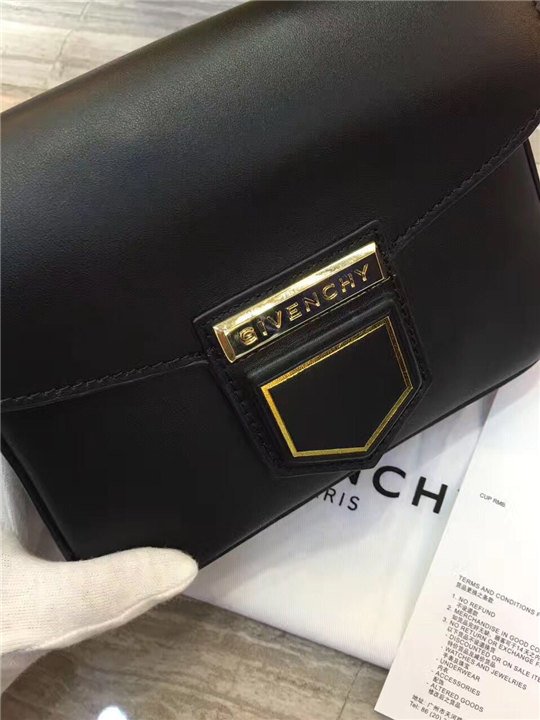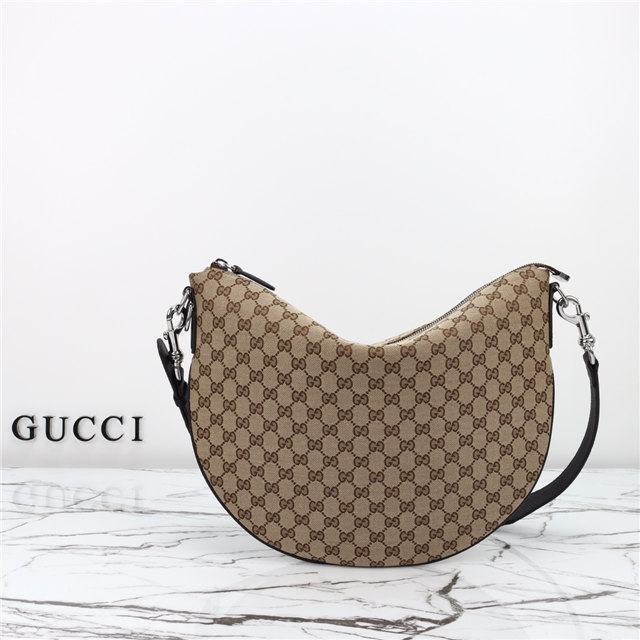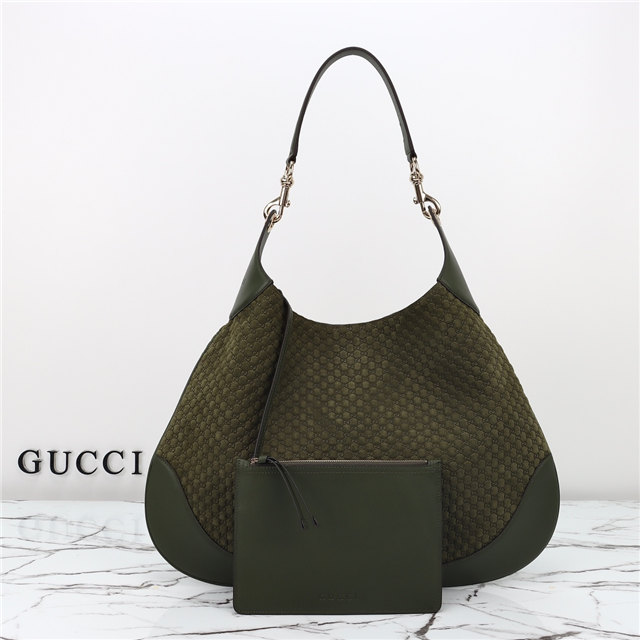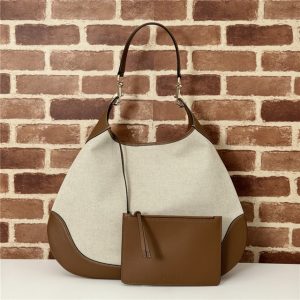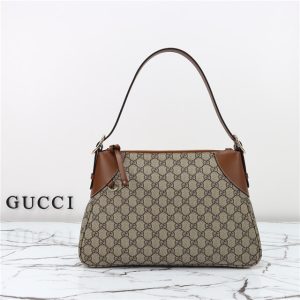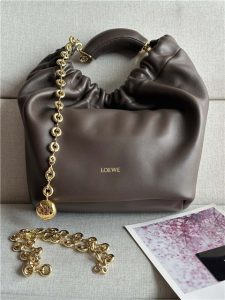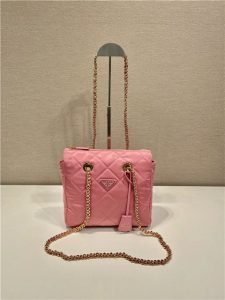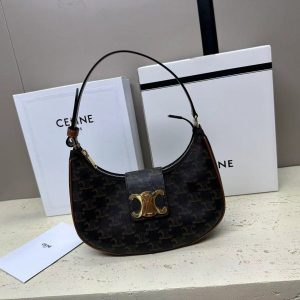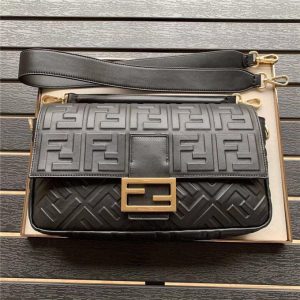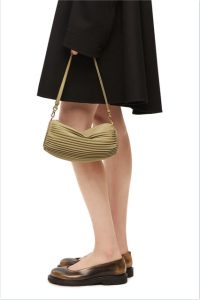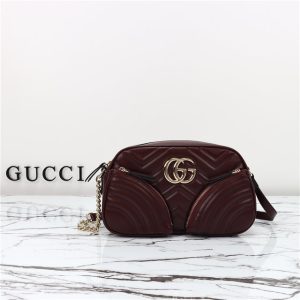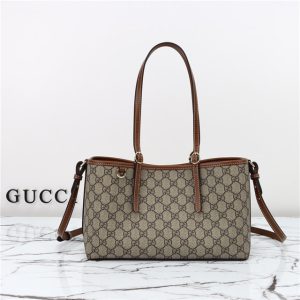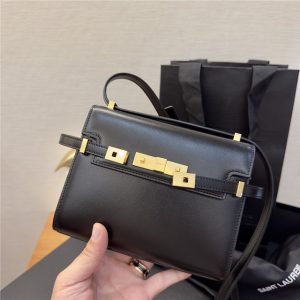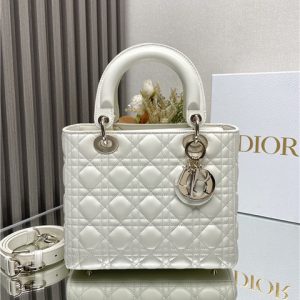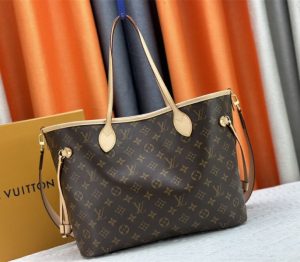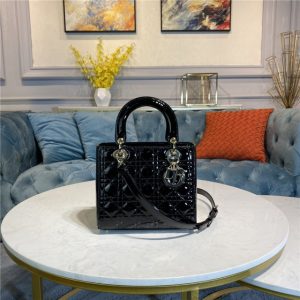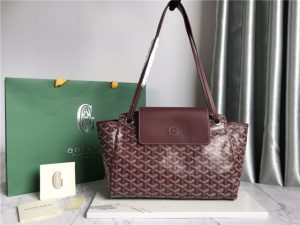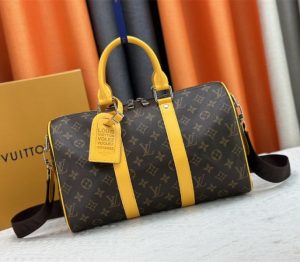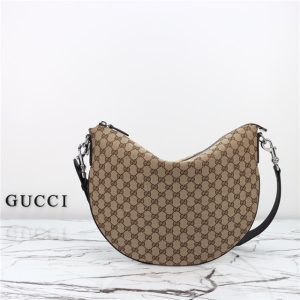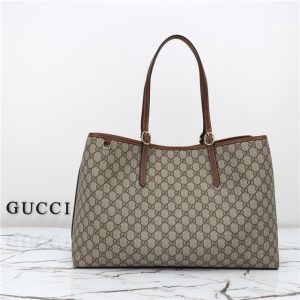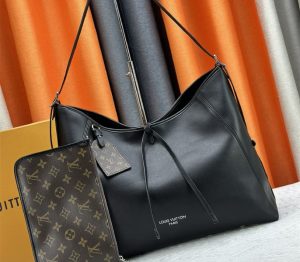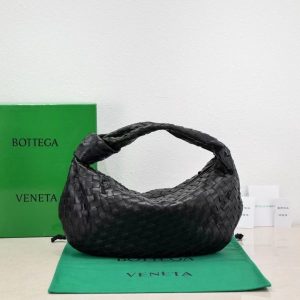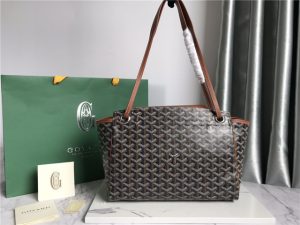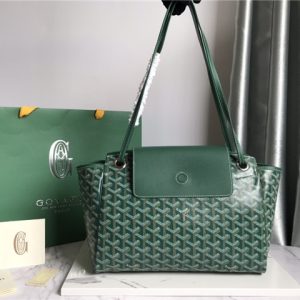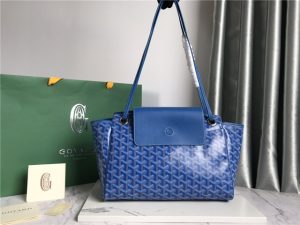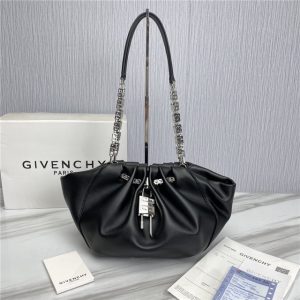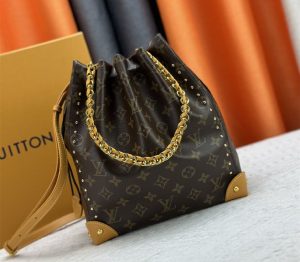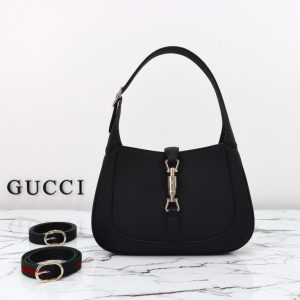First off, let’s be real, nobody *wants* to work on a fake Rolex. I mean, imagine the horror! A jeweler with a reputation to uphold, fiddling around with some cheap knock-off. Yikes. But, like, sometimes they might not even *know* it’s fake right away, right? Someone brings in a watch, says it’s their grandpa’s, and it “just needs a little TLC.” How would they know unless they’re, like, *really* looking?
And then there’s the ethical side. A legit jeweler probably wouldn’t want to be associated with anything fake, ’cause, like, it damages their rep. It’s bad for business, plain and simple. They’d probably tell you to take your… uh… “timepiece” somewhere else. Maybe even suggest you get it “certified” by a reputable jeweler first, which, LOL, would probably just confirm it’s a dud.
But here’s where it gets a bit weird. I saw this thing online about Goodwill inspecting donated watches, and a *lot* of them are knock-offs. Like, seriously? So, what do they do with ’em? Do they try to fix ’em up and sell ’em as “genuine”? Nah, probably not. But the fact that so many fakes are floating around out there makes you wonder.
Also, consider this: what if someone *knowingly* brings a fake watch in for a repair? Maybe it’s a sentimental thing, or they just want to get it running again for kicks. Would a jeweler refuse? I mean, money talks, right? Maybe a small, independent shop might take the job, just to make a few bucks. I’m not saying they *should*, but… maybe.
And here’s a total tangent: eBay’s authenticator. The article mentioned that eBay pays them regardless of whether a watch is fake or not, or at least that it’s in their interest to authenticate watches correctly. That’s *supposed* to keep them honest, right? I mean, in theory. It’s still a little concerning.

